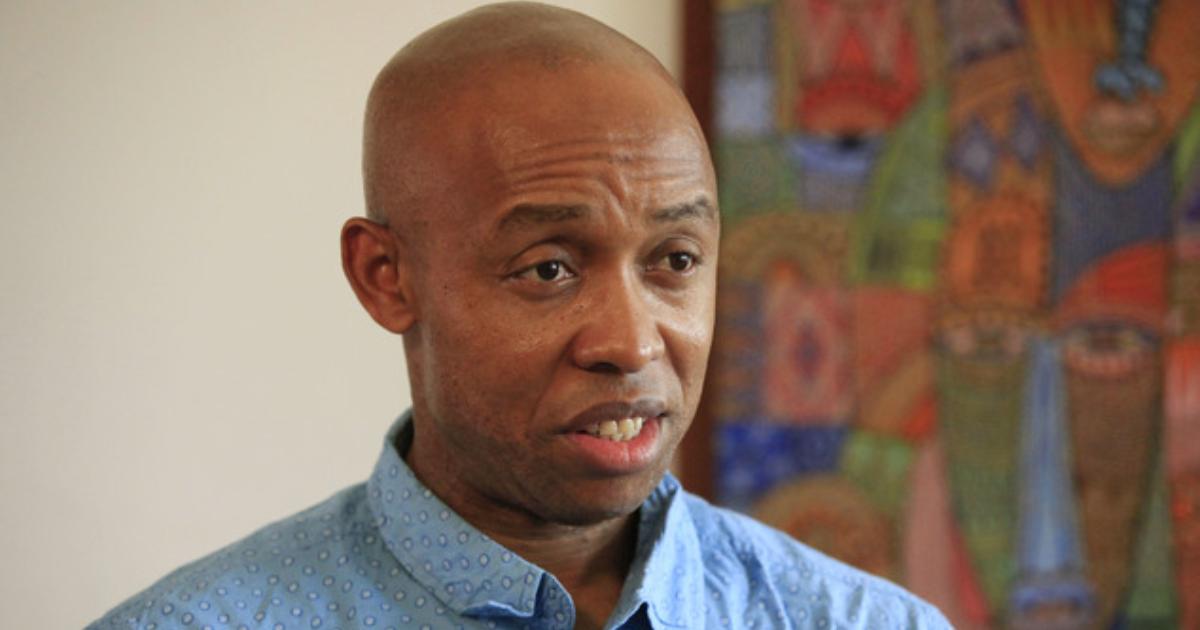Professor Chidi Odinkalu, a leading figure in International Human Rights Law, has voiced strong doubts about the effectiveness of the Supreme Court’s recent ruling on local government autonomy. During an appearance on Channels TV’s Politics Today, Odinkalu challenged the notion that the verdict will lead to genuine decentralization of control over local government funds.
The Supreme Court’s decision directs that local government allocations from the Federation Account be sent directly to the local governments, bypassing state governors. However, Odinkalu argues that this change might not achieve its intended effect if governors continue to manipulate local government elections. He believes that local government chairmen appointed through fraudulent processes will still end up redirecting these funds back to the state authorities.
Odinkalu stated, “A local chairman installed through a rigged election orchestrated by the governor will end up returning the funds to the governor. The ruling only changes the process of fund distribution but does not prevent the money from ending up back in the governor’s hands.”
He emphasized that the core issue is the lack of genuine representation and accountability at the local level. Until there is a shift in how local government officials are elected and held accountable, the Supreme Court’s ruling may merely be a superficial reform.
The Supreme Court’s decision has not been universally welcomed. Former presidential candidate Omoyele Sowore also criticized the ruling, suggesting that as long as state governors continue to control electoral processes and rig local elections, the ruling will have limited impact. Sowore commented, “As long as state governors manipulate local elections and install their loyalists, the Supreme Court’s ruling will be ineffective.”
Odinkalu’s critique highlights ongoing concerns about the effectiveness of legal reforms aimed at improving local governance. The ability of state governors to exert influence over local elections and manage funds could undermine the Supreme Court’s intent to enhance local governance and accountability.
The discussion underscores the need for deeper reforms to ensure that local governments operate independently and effectively serve their communities. Addressing issues of electoral integrity and ensuring that local officials are truly representative of their constituents will be crucial in making meaningful progress.
As Nigeria continues to grapple with these challenges, the impact of the Supreme Court’s ruling remains to be seen. The debate reflects broader struggles with democratic governance and the quest for genuine local autonomy in the country.






